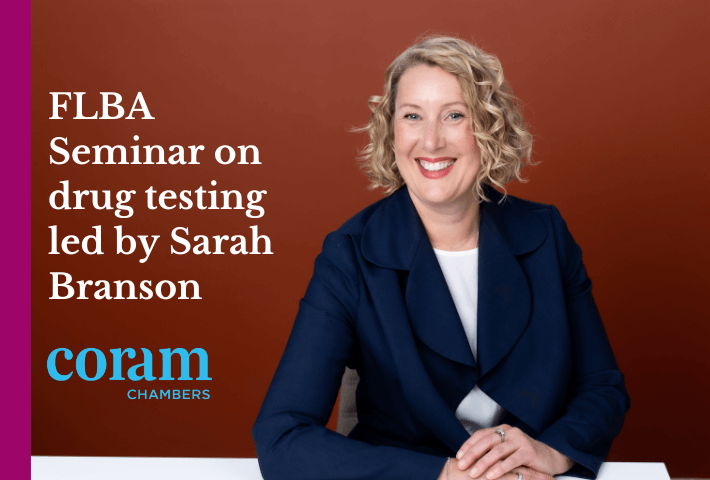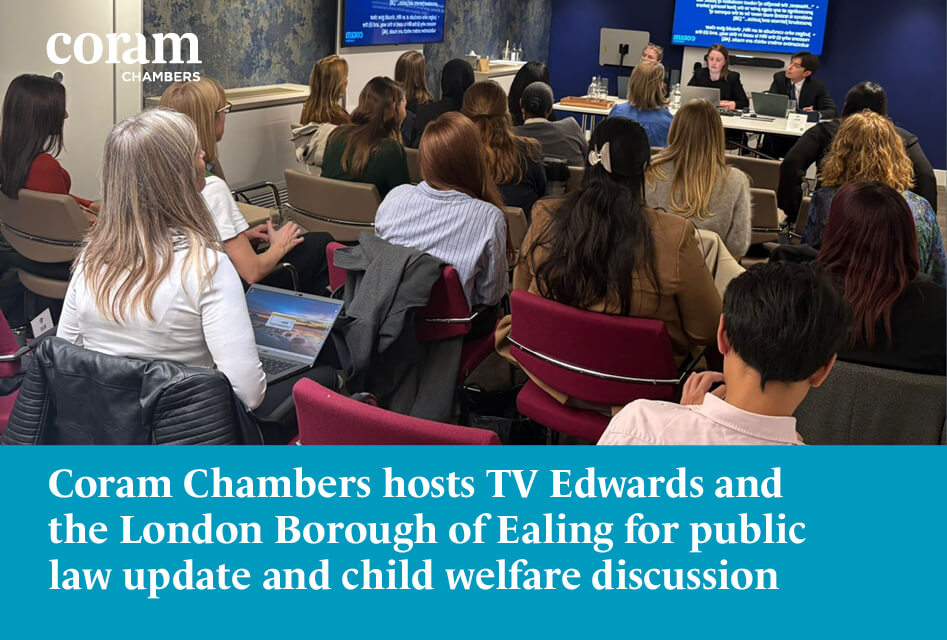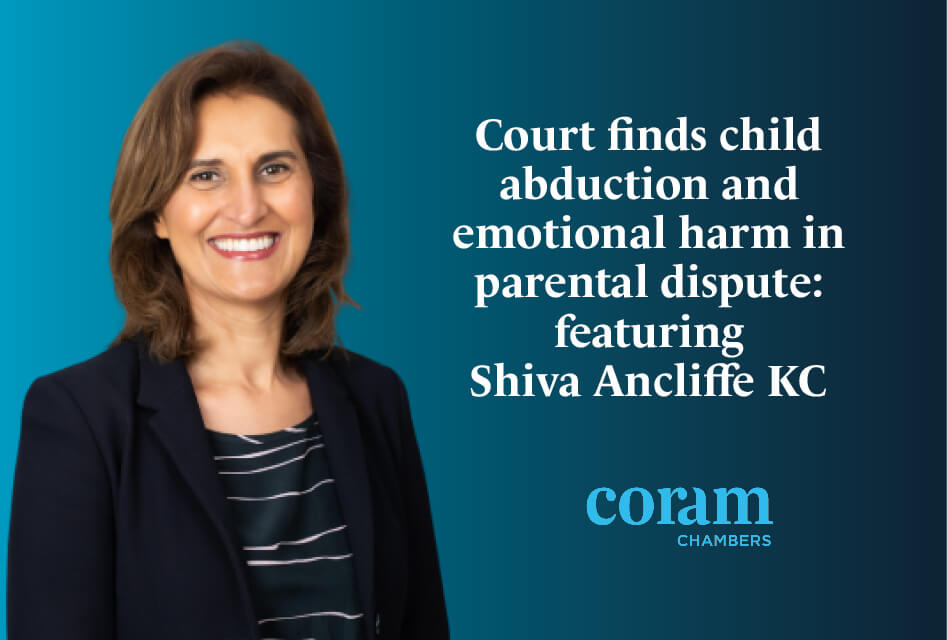
Coram Chambers is proud to announce the successful seminar on drug testing hosted by barrister Sarah Branson in collaboration with Paul Hunter, Technical Director at Forensic Testing Service Ltd. The event, organised by the Family Law Bar Association (FLBA), highlighted critical insights into Hair Strand Testing and its implications in family law practice.
Attendees were presented with the crucial message: “treat the expert as an expert.” This theme resonated throughout the seminar, particularly as practitioners often overlook the complex variables that can affect drug testing results.
Despite an educated understanding of the limitations of Hair Strand Testing, many may not realise the influence factors like hair dye, collection site, natural hair colour, and even the use of thermal straighteners can have on test outcomes.
Sarah pointed out significant legal precedents, including Re D (Children Interim Care Order Hair Strand Testing) [2024] EWCA Civ 498, London Borough of Islington v M and another [2017] EWHC 364 (Fam), and Re H (A Child: Hair Strand Testing) [2017] EWFC 64, which emphasise that Hair Strand Testing should not be deemed conclusive.
Misinterpretations of test results can lead to erroneous conclusions, as statistics reveal alarming false reporting rates; for instance, nearly 20% of chronic cocaine users received a “negative” report, while 60% of chronic cannabis users returned a “negative” result when tested.
Branson emphasised the necessity of comprehensive context and a clear chain of evidence in interpreting testing results. Proper instructions for experts are vital to establish an accurate understanding of each case.
This includes gathering a detailed profile of declared substance use, medications, and social environments that may influence the results. Additionally, she urged practitioners to request comprehensive sampling—including nail samples—to better substantiate claims of contamination versus actual use.
For those interested in deepening their understanding of the topic, we invite you to access our Resources page. There, you can view and download the full presentation and explore a range of materials, including templates and videos, to assist in navigating drug testing complexities in family law.


